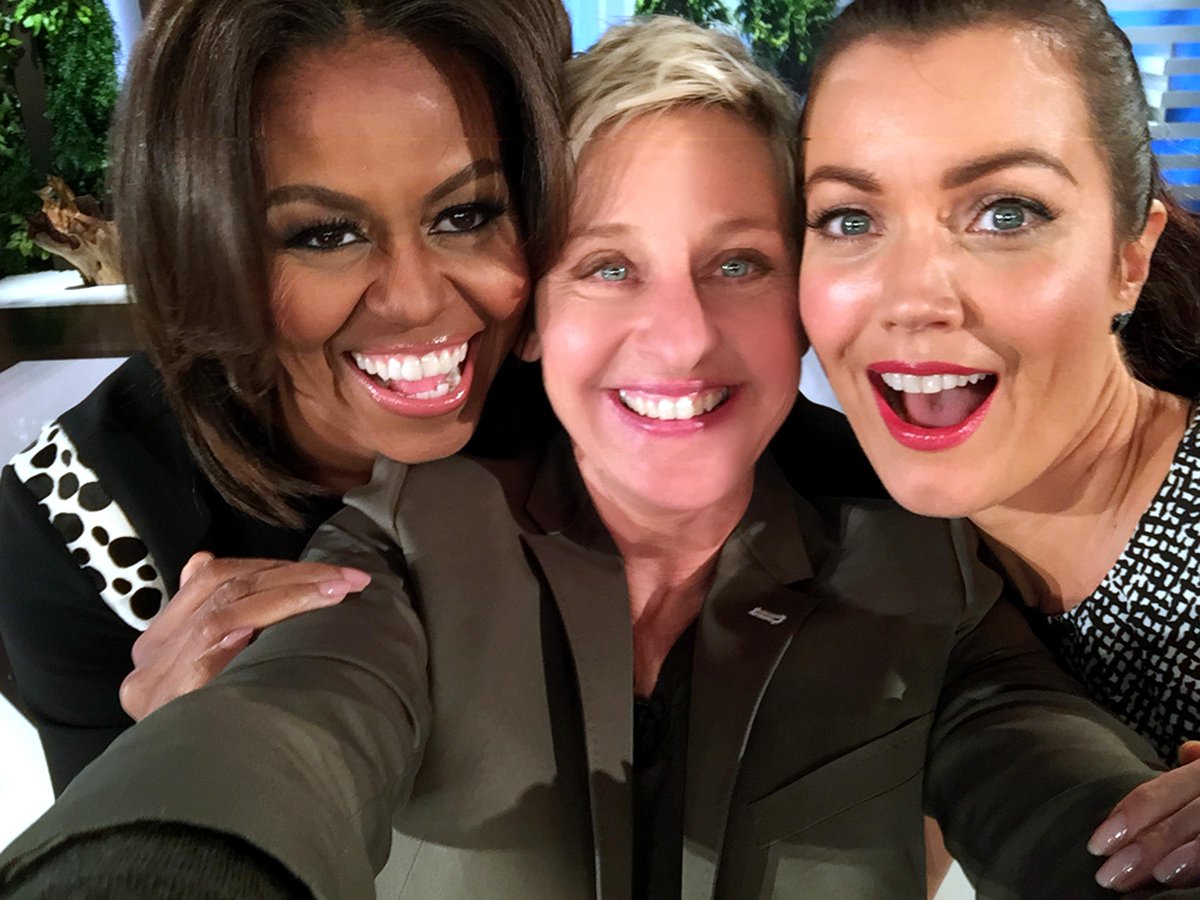Rick Moran "I like this simple, elegant explanation from Reason’s Ronald Bailey about the value of labor and the minimum wage:" . . .
Seattle’s $15 minimum wage law goes into effect on April 1, 2015. As that date approaches, restaurants across the city are making the financial decision to close shop. The Washington Policy Center writes that “closings have occurred across the city, from Grub in the upscale Queen Anne Hill neighborhood, to Little Uncle in gritty Pioneer Square, to the Boat Street Cafe on Western Avenue near the waterfront.”
Of course, restaurants close for a variety of reasons. But, according to Seattle Magazine, the “impending minimum wage hike to $15 per hour” is playing a “major factor.” That’s not surprising, considering “about 36% of restaurant earnings go to paying labor costs.” Seattle Magazine,
“Washington Restaurant Association’s Anthony Anton puts it this way: “It’s not a political problem; it’s a math problem.”
“He estimates that a common budget breakdown among sustaining Seattle restaurants so far has been the following: 36 percent of funds are devoted to labor, 30 percent to food costs and 30 percent go to everything else (all other operational costs). The remaining 4 percent has been the profit margin, and as a result, in a $700,000 restaurant, he estimates that the average restauranteur in Seattle has been making $28,000 a year.
“With the minimum wage spike, however, he says that if restaurant owners made no changes, the labor cost in quick service restaurants would rise to 42 percent and in full service restaurants to 47 percent.”
. . . "That means a net loss in jobs and economic activity. But for the rich voters in King County, that hardly matters. It’s so “progressive” to pay someone a wage unrelated to the value of their work. Too bad those who can least afford to be a casualty of this progressive experiment will suffer the most."

. . . "That doesn't mean that the minimum wage increase won't make the Seattle restaurant business harder. But so far it doesn't seem to have made a dent in diners' choices."





